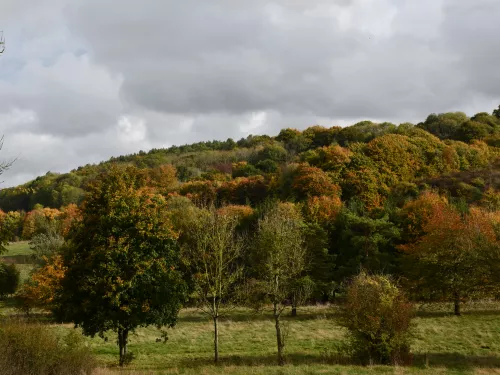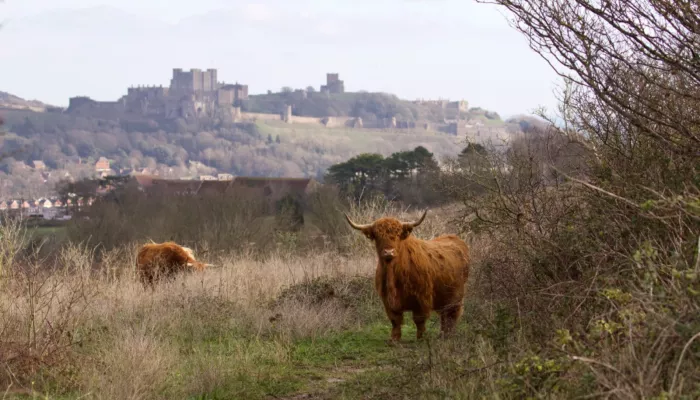Nature-based Solutions (NbS) have grown in importance in recent years due to the now obvious impacts climate change is having on businesses, society, and wildlife. In a nutshell they represent any action that better protects, manages, and restores natural habitats, whilst providing benefits to biodiversity, communities, and the economy.
Natural habitats in good health reduce the risk of flooding, help prevent coastal erosion, improve people’s health and ensure thriving ecosystems which provide the pollinators, soils, food and water which sustain us. Restoring nature at scale also happens to be one of our best hopes for storing carbon to mitigate against the effects of the global climate crisis.
And they present a unique opportunity for the conservation sector in a time of great economic uncertainty. Nature-based solutions can provide an additional income source centred on natural capital payments, via carbon credits, biodiversity net gain (BNG) or nutrient credits. As a sector we have generally struggled to secure long-term finance to support our conservation delivery, and to achieve a landscape-vision through the Nature Recovery Networks, we need more money and nature-based solutions can provide this extra income over long-term agreements lasting 50 years or more!
To this effect, the Nature-based Solutions team at Kent Wildlife Trust is already setup to diversify Kent Wildlife Trust Group’s income sources, and strengthen its systems, whilst operating sustainably with the goal of driving a minimum £400k surplus being generated and reinvested in achieving our vision by 2025. Through this the team will contribute to our mission of seeing 30% of Kent’s land and sea with abundant wildlife. Our current projects involve developing and delivering a suite of Wilder Carbon projects, both nationally and within Kent, developing a nutrient credit scheme, a farm-focussed NbS package and our consultancy team have already identified new BNG opportunities within Kent. Together the group are pulling together standardised sets of ‘Monitoring, Reporting and Validation’ procedures and associated management plans for carbon & BNG, and more broadly putting in place the necessary governance, processes and systems needed to leverage these new opportunities.



